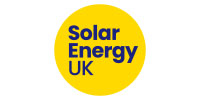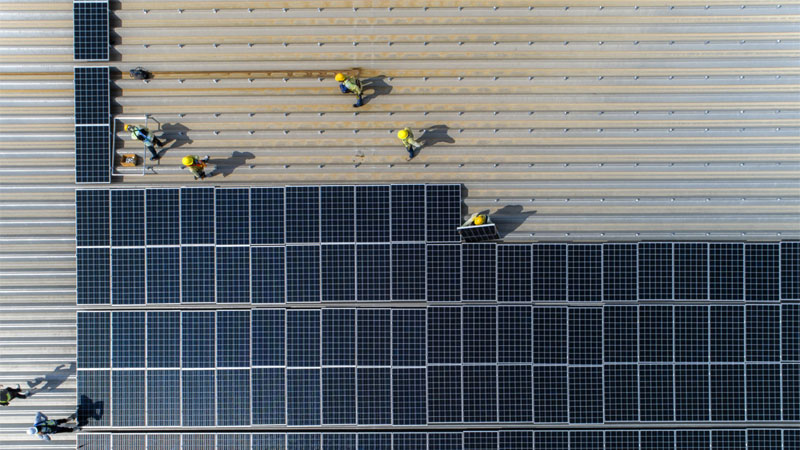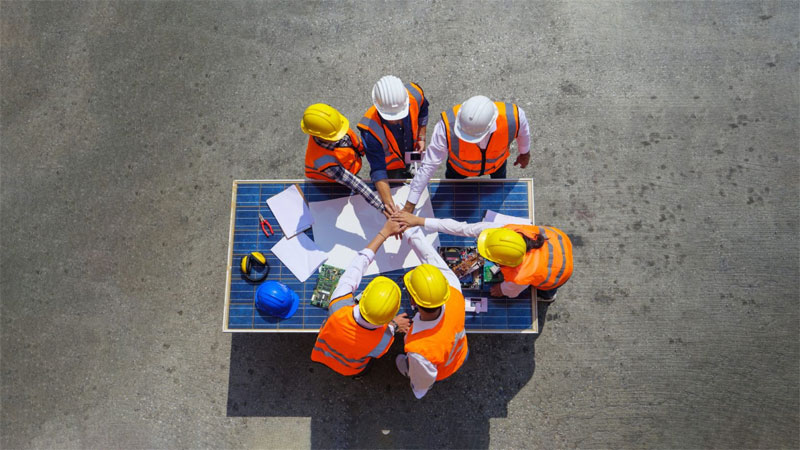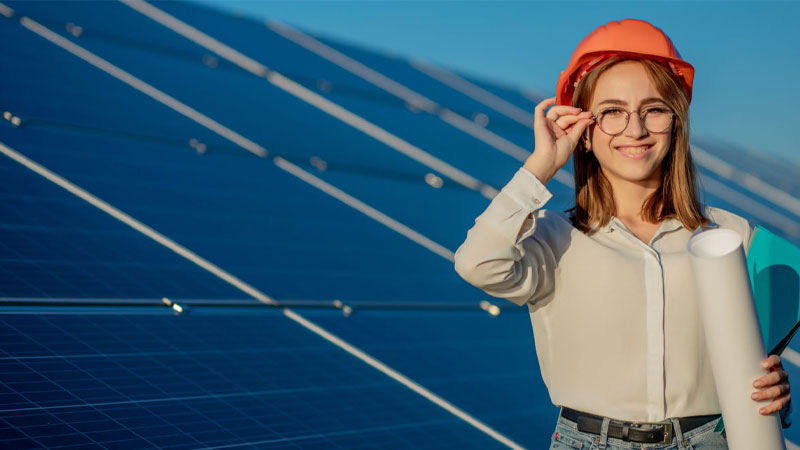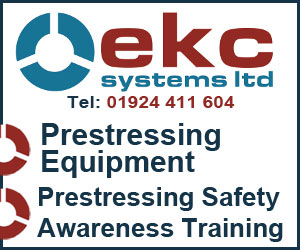Time and date
CONSTRUCTION DIRECTORY
Solar Energy UK Contact Details
Address
22 Chapter Street
London
SW1P 4NP
England UK
About Solar Energy UK
Together, we are paving the way for solar to deliver 40GW by 2030 by enabling a bigger and better solar industry.
Solar Energy UK represents over 300+ member companies operating in the UK energy sector and beyond.
Solar energy’s exceptional synergies with energy storage, electric vehicles and smart grids means the industry works on the frontline of technology and system change to deliver net zero carbon emissions. Our incisive research, policy development and influence shapes policy and regulation, and drives market growth.
In partnership with key players across the value-chain, Solar Energy UK is working to treble the UK solar capacity to 40GW by 2030.
All about solar
Solar on homes
Installing a solar system is a popular home improvement. There are close to a million solar PV systems on houses around the country, and nearly 100,000 solar thermal.
A typical system will likely include 10-14 solar panels. The panels connect directly to the house’s electricity system, so the power they produce can be used in its appliances. If there is a surplus, this can be sent to the national grid, helping to power other homes as well. Many solar systems are now also installed with a battery. This means that surplus power can be stored and used later.
Solar panels can be installed on a flat or sloping roof. Many systems are installed facing south, although recent improvements in technology mean that solar systems now generate significant power when installed facing in any direction.
Solar on buildings
Many businesses are now installing solar systems on the roofs of the buildings they use. In the solar industry, this is referred to as the “commercial and industrial rooftop” sector. Any building with a sloping or flat roof has the potential to generate solar energy. These include, for example, schools, universities, hospitals, factories, supermarkets, and shopping and leisure centres.
As with solar on homes, the business can then use the power produced onsite in its operations. Because energy can be one of the biggest expenses for a organisation, solar can be a great way to keep costs down.
Solar on land
A solar park is a ground-mounted solar system, with solar panels arranged in rows. Many of the first solar parks were installed on low-grade farmland.
There are several stages involved in building a solar park. The project developer will need to buy or lease the land for the park, and obtain planning, environmental and other permits. They will also consult with local communities to explain how the park will work. Solar parks produce electricity which is fed directly into the national grid, so the project developers will also arrange for a connection to the grid to be installed. In recent years, some solar companies have started to develop floating solar parks. As the name suggests, these float on bodies of water, such as reservoirs.
Energy storage and flexibility
Electricity produced from renewable sources – such as solar power – varies with the time of day, and the weather. This means that sometimes a solar power system will produce more or less power than is being used.
When surplus electricity is produced, it can be stored and used at another time. This means that homeowners, businesses, and the national electricity grid can ensure that all the power generated from a solar system is used. This helps to keep costs low, reduce carbon emissions, and maintain a steady supply of electricity.
Energy can be stored in a number of ways. Traditionally, it has been stored in the water reservoirs which are used in hydroelectric power stations. When there is surplus power, water is pumped uphill and stored behind a dam. When there is a shortfall, the water is released, driving a turbine to generate power.
Buying solar energy
Self-generation is not the only way to benefit from clean and affordable solar power. You may be a business with ample space for a solar installation, but want to reduce upfront costs by instead leasing your roofspace to a power producer via a Power Purchase Agreement, or a renter with no means to install a system on your roof, but want to buy clean energy from a retailer. You have options.
Gallery
|
Click to close
|



